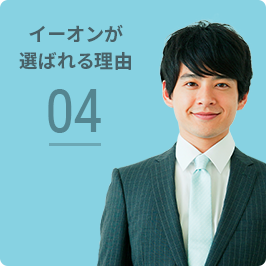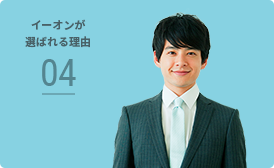2020.05.31
Tucker's blog-5-② Learning Japanese
Hello!いつもイーオン日立校HPをご覧下さりありがとうございます!
本日は先週に引き続き、Tucker先生の日本語学習の道のりについて~後編~となっております!どうぞお楽しみ下さい♪
After about a year of focusing solely on improving my listening ability, I began reading. This started with manga, as I was able to use the pictures to help follow the story. Here too, I tried not to use the dictionary for every unknown word. Of course, if I kept seeing the same word repeatedly I would look it up and add it to my flashcards. My goal was to watch or read things in Japanese for 20 hours each week, and add 10 new flashcards to Anki every day. By following this routine, I was able to gradually improve without becoming overwhelmed with the workload.
I should also mention that during this time I was working a full time job and still hanging out with my friends. Learning Japanese became a significant part of my daily life, but I wasn't a 引きこもり.
So after 2 years of self-study, where does that leave me now? While my listening comprehension and reading speed are quite good, I have barely put any time into practicing speaking. Holding a conversation is still fairly difficult, and there are plenty of words I don't know. One of the reasons I wanted to come to Japan was to give myself opportunities to use the language and improve my speaking ability. If there were a "Japanese Conversation School," it would be quite useful for me! I will continue to work hard on my Japanese studies.
Here are some tips you can use for studying English! First off, read or listen to as much English as possible! This is my number one tip, and it's called "extensive reading." Try to read things that are about two steps below your actual level, in order to make reading A LOT slightly easier. If a book starts to bore you, just find a new book! Your energy is best spent on things you actively want to read. And try not to use a dictionary too much, as this will slow you down.
Focusing on listening ability is also key. The only way to improve your listening is by listening to things, and native media is the best form of practice. In this case, "native media" means TV shows, movies, or podcasts made "by natives, for natives." Try to listen to things at full speed with no subtitles to train your listening comprehension. There are lots of movies and TV shows available on streaming services like Netflix and Amazon Prime, and YouTube has millions of hours of English videos waiting to be watched (of varying levels of quality...)
And lastly, using a flashcard program like Anki can help you remember almost anything. The technique I talked about earlier, sentence mining, is especially helpful for remembering words as they are used in a natural context. Anki can include pictures and sound files, so you can listen to the dialogue as well to remind you of pronunciation. You can also sync the flashcards to your phone to bring them along with you! It's very convenient.











